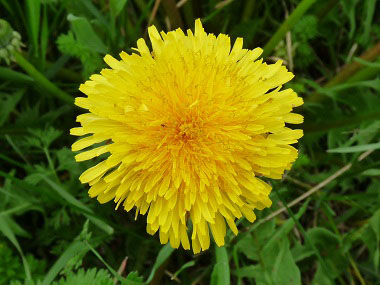Over the past month in science we have been studying reproduction. Over the past month we learned about the many different ways that organisms choose to reproduce. From budding to sexual reproduction the many ways that animals reproduce is abundant. As humans it easy to only see our form of reproduction as the only way to reproduce but in actuality that couldn’t be further from the truth. The number of ways to reproduce that evolution created is truly incredible.

Over the unit we learned of the differences and advantages of the 2 major reproductive strategies
Asexual Reproduction |
Sexual Reproduction |
|
Advantages |
Flexable Simple Requires only one parent |
More diverse More disease resistant |
Disadvantages |
Limited diversity Extremely susceptible to degenerative disease Susceptible to a rampaging illness |
Requires 2 parents Needs more of a fixed schedule |
Asexual reproduction is the key to the success of life on the planet as we know it. Without it the beginning if life never would have happened. Asexual reproduction in many respects is a process of cloning ones exact DNA and producing a brand new organism of only minor differences of mutations. Over the millions of years life has changed and developed and created many very different species.

For these many completely different organisms they all have different reproductive strategies. 3 examples of asexual reproduction are Fission, Budding and Spores. All have different ways to reach the final product of a nearly identical offspring. Spores for instance spreads its genetic material via spores. Dandelions and mold are 2 examples of organisms that use this form of reproduction.

